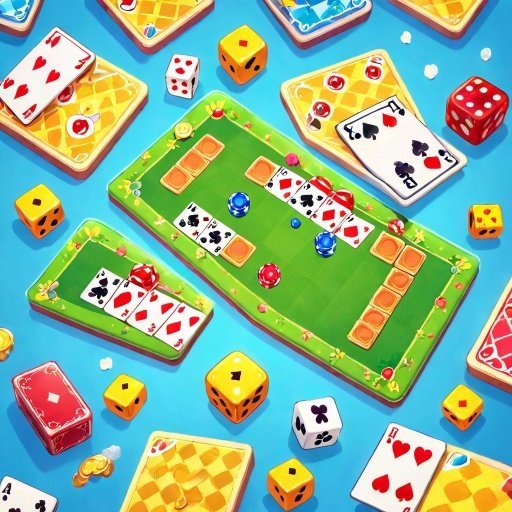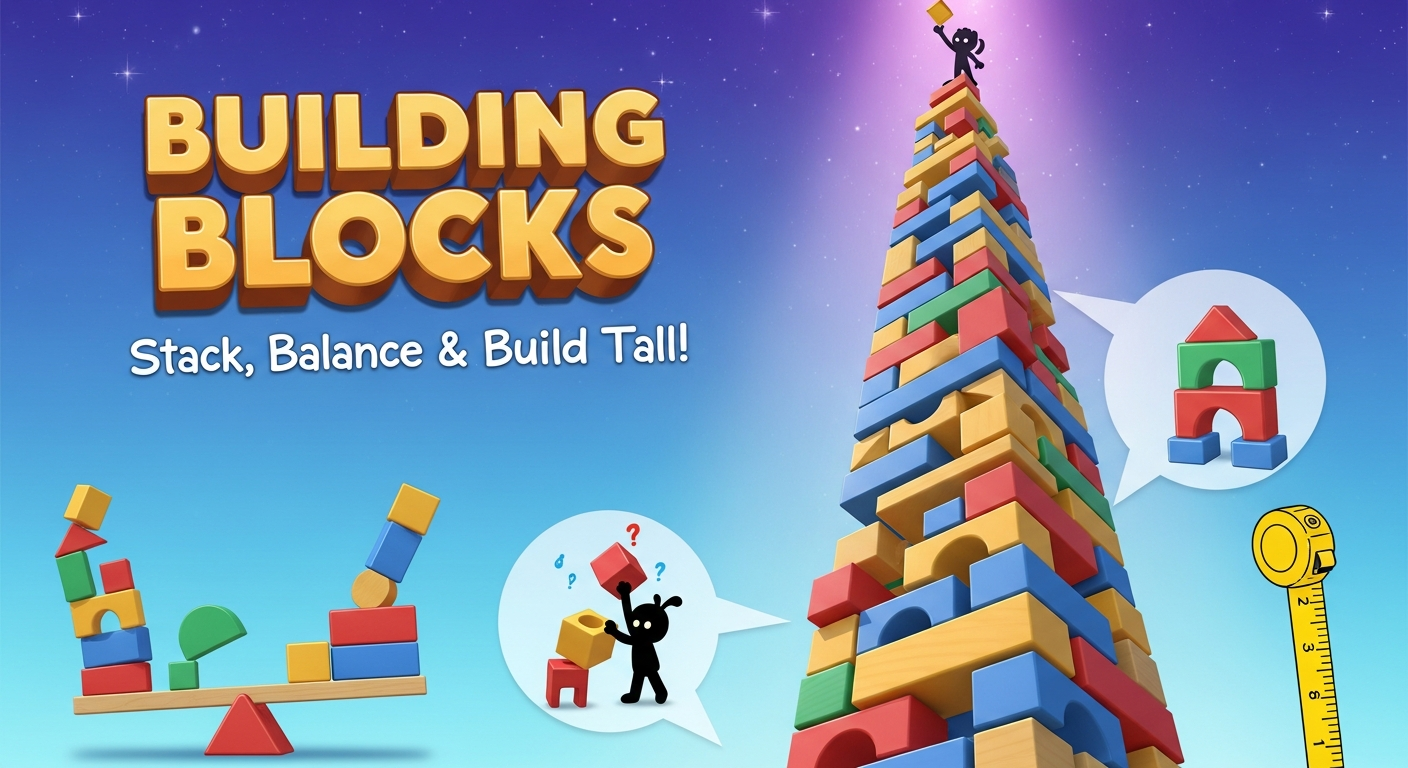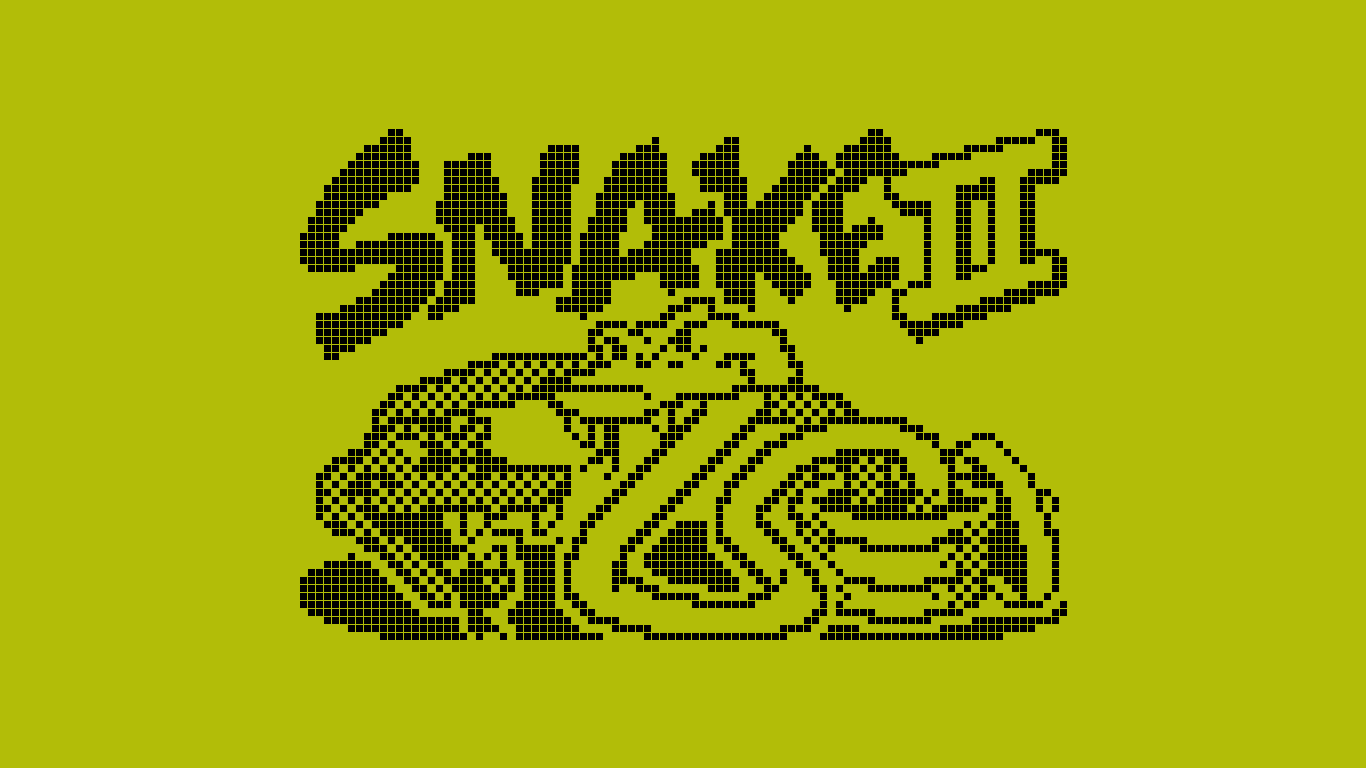Unleash Your Inner Strategist: A Deep Dive into Achilles Solitaire – The Thrilling Card Game Twist
Are you a seasoned solitaire enthusiast always on the hunt for a fresh challenge? Or perhaps you’re just dipping your toes into the world of card games and seeking something quick, engaging, and mentally stimulating? Look no further than Achilles Solitaire, a captivating variation that injects a potent dose of strategy into the beloved classic. Forget everything you thought you knew about traditional solitaire; Achilles Solitaire demands a sharper mind, a keener eye, and a masterful plan for every single move.
This isn’t just another card game; it’s a mental workout, a race against time, and a test of pure strategic prowess. If you’re ready to elevate your solitaire skills and experience a truly unique twist, buckle up, because we’re about to embark on a comprehensive journey into the heart of Achilles Solitaire.
What is Achilles Solitaire? The Core Concept Explained
At its essence, Achilles Solitaire takes the familiar goal of clearing a card tableau and funnels it through a surprisingly restrictive yet incredibly engaging filter. Imagine the satisfaction of classic solitaire – building sequences, revealing hidden cards, and systematically dismantling a chaotic layout. Now, add a crucial, game-changing rule: you can only build your foundation piles using cards of a single suit.
That’s right. While many solitaire variants allow you to stack cards in alternating colors or across different suits in your tableau, Achilles Solitaire introduces a level of focused precision that sets it apart. Your mission remains to move all cards from the “board” or “tableau” onto designated “foundation piles.” However, these foundations must be built in perfect descending order (King to Ace), and critically, they can only contain cards of the same suit.
This isn’t just a minor tweak; it’s the very soul of Achilles Solitaire, transforming what might seem like a simple game into a complex puzzle that keeps you on the edge of your seat. The original article succinctly captures its essence: “Race against the clock to clear the board by matching cards in descending order—only one suit allowed, making every move count.” Every decision, every card placement, and every potential sequence must be meticulously planned with that singular suit goal in mind.
The Allure of Solitaire: A Brief History and Its Enduring Appeal
Before we dive deeper into Achilles, it’s worth understanding the rich tapestry from which it emerges. Solitaire, a broad category of card games played by a single person, has a history shrouded in a bit of mystery, with theories pointing to European origins, possibly in Germany or France, in the 18th century. Originally known as “Patience,” these games gained popularity as a pastime for royalty and prisoners alike, offering a unique blend of entertainment, fortune-telling, and mental exercise.
The enduring appeal of solitaire lies in several key aspects:
- Accessibility: Most solitaire games use a standard 52-card deck, making them universally playable.
- Mental Engagement: They demand strategic thinking, planning, problem-solving, and a keen memory.
- Stress Relief: The meditative, repetitive nature of card sorting can be incredibly calming and a perfect escape from daily pressures.
- Personal Challenge: It’s you against the cards, a constant pursuit of mastery and improving your winning ratio.
- Variety: From Klondike and FreeCell to Spider and Pyramid, hundreds of variations exist, ensuring there’s always a new puzzle to solve.
Achilles Solitaire carves its own niche within this vast family, offering a specialized experience that appeals to those who crave a greater strategic depth within the familiar framework.
How to Play Achilles Solitaire: The Rules That Define the Challenge
Understanding the fundamental rules is crucial to conquering Achilles Solitaire. While the precise layout of the “board” can vary slightly depending on the online platform or app you’re playing on, the core mechanics remain consistent.
1. The Objective:
Your ultimate goal is to move all cards from the initial “board” or “tableau” onto the designated “foundation piles.”
2. The Game Elements:
- The Tableau (The Board): This is the main playing area where cards are initially dealt, usually in several columns or piles, with some cards face-up and others face-down. Your primary interaction will be with these cards.
- The Foundation Piles: These are the target areas for all your cards. There will typically be four foundation piles, one for each suit.
- The Stock Pile (Optional): Some versions might include a stock pile from which you can draw additional cards if you run out of moves in the tableau. However, the original description doesn’t explicitly mention it, suggesting a game where all cards are initially in play or become available from the tableau. For this guide, we’ll assume a layout where cards become available primarily through tableau manipulation.
- The Waste Pile (Optional): If a stock pile exists, cards drawn from it but not immediately playable might go to a waste pile.
3. Building the Foundation Piles (The Achilles Twist):
This is where Achilles Solitaire truly differentiates itself.
- You must build each foundation pile in descending order, starting with a King and ending with an Ace (K, Q, J, 10, 9, 8, 7, 6, 5, 4, 3, 2, A).
- Crucially, each foundation pile must consist of cards from a single suit. For example, one foundation might be all Hearts (King of Hearts down to Ace of Hearts), another all Spades, and so on. You cannot place a Queen of Clubs on a King of Diamonds, even if it’s the correct rank.
4. Manipulating the Tableau:
To get cards to the foundation, you’ll need to move them around the tableau.
- Moving Cards: You’ll typically use your mouse to drag and drop cards. On mobile, a tap-and-drag or smart-tap system is used.
- Tableau Building (Common Assumption): While the foundation rule is strict, tableau building generally follows more lenient rules in most solitaire variations. You might be able to build temporary sequences in the tableau by placing a card of one rank on a card of the next higher rank, usually in alternating colors (e.g., a Red 8 on a Black 9). This allows you to uncover face-down cards and access cards needed for the foundation. It’s important to note that the original description focuses solely on the “one suit allowed” for foundation building, implying the tableau manipulation is a means to that end, rather than an end in itself for suit-specific builds.
- Empty Columns: If you manage to clear an entire column in the tableau, you can often place any available card (or sometimes only a King) into that empty space. This is a powerful strategic tool.
5. Winning the Game:
You win Achilles Solitaire when all cards have been successfully moved from the tableau and organized into their respective, single-suit, descending foundation piles.
6. The Clock (The Added Pressure):
Many online versions of Achilles Solitaire incorporate a timer. This element adds an exciting layer of pressure, encouraging efficiency and quick decision-making, transforming a leisurely game into a thrilling race against yourself. While you can play at your own pace, striving for faster times adds to the replayability and challenge.
Mastering Achilles Solitaire: Advanced Strategies and Practical Tips
The “one suit only” rule for foundations transforms Achilles Solitaire from a simple card game into a strategic masterpiece. Here’s how to sharpen your skills and improve your win rate:
- Prioritize Foundation Builders, But Be Patient:
- Identify Early Kings: Your ultimate goal is to get Kings onto the foundation. Keep an eye out for them and try to free them up.
- Don’t Block Key Cards: While you want to get cards to the foundation, sometimes moving a card there too early might block a critical card in the tableau that you need for further moves. Balance immediate gains with long-term strategy.
- Focus on Revealing Hidden Cards:
- The quickest way to get stuck is to have too many face-down cards blocking your progress. Make moves that expose these cards.
- Prioritize clearing columns that have many face-down cards underneath.
- Utilize Empty Tableau Columns Wisely:
- If you clear an entire column, you’ve created a valuable temporary storage space.
- Move Kings into Empty Columns: If your game allows placing any card into an empty column (not just Kings), prioritize moving Kings there, especially if they are blocking other cards you need. This frees up the column they came from.
- Temporary Storage: Use empty columns to temporarily store cards that are blocking crucial moves, allowing you to access cards beneath them. However, remember you’ll eventually need to move these temporary residents elsewhere.
- The “One Suit Only” Foundation Rule: Your Guiding Star:
- This is the core differentiator. Every move you make in the tableau should ideally contribute to freeing up cards that match the suit you need for your foundations.
- Be Mindful of Suit Distribution: As you play, you’ll intuitively start tracking how many cards of each suit are available and what ranks you need for each foundation pile.
- Avoid Trapping Cards: Don’t build elaborate tableau sequences if they ultimately trap a card of a crucial suit that you need for your foundation. For example, avoid placing a Club on top of a Diamond if that Diamond is the next card you need for the Diamond foundation.
- Look Several Moves Ahead:
- Don’t just react to the current state of the board. Think about the consequences of your next move and the move after that.
- “If I move this 7, what card will it reveal? Will that card help me advance a foundation pile? Or will it block another move?”
- Don’t Be Afraid to Undo (If Available):
- Many online versions offer an “undo” button. Use it! It’s an excellent learning tool. If a move leads to a dead end, backtrack and try a different approach. This helps you understand better strategies without the frustration of completely restarting.
- Practice, Practice, Practice:
- Like any skill-based game, mastery comes with repetition. The more you play, the better you’ll become at recognizing patterns, identifying optimal moves, and anticipating challenges.
- Pay attention to how successful games unfold and what strategies you employed.
Why You’ll Love Achilles Solitaire: Benefits Beyond the Game
Achilles Solitaire offers a potent blend of entertainment and mental stimulation, providing a variety of benefits that extend beyond simply passing the time:
- Enhanced Strategic Thinking: The “one suit only” rule forces you to think deeply, plan meticulously, and consider multiple possibilities for every move. It’s a fantastic exercise for your strategic mind.
- Improved Problem-Solving Skills: Each game presents a new puzzle to unravel. You’ll constantly be evaluating options, overcoming obstacles, and finding creative solutions to clear the board.
- Boosted Concentration and Focus: The game demands your full attention. Playing regularly can help improve your ability to focus for extended periods and filter out distractions.
- Stress Reduction and Relaxation: Despite the strategic depth, the repetitive motion of sorting cards and the satisfaction of successful moves can be incredibly calming and a great way to unwind after a long day.
- Quick Bursts of Fun: Its design is perfect for short breaks. You can jump into a game, enjoy a quick challenge, and feel a sense of accomplishment, even if you only have a few minutes.
- Accessibility and Convenience: As a popular online and mobile game, Achilles Solitaire is readily available for free, allowing you to pick up and play anytime, anywhere, on almost any device.
- Satisfying Wins: Overcoming the unique challenge of Achilles Solitaire and successfully clearing the board delivers a genuinely gratifying sense of achievement.
Achilles Solitaire vs. Other Solitaire Variants: A Comparative Look
To fully appreciate Achilles Solitaire, it’s helpful to compare it briefly to some other popular solitaire games:
- Klondike Solitaire (The Classic): The most recognizable solitaire game. You build tableau piles in descending order with alternating colors (e.g., Red 5 on Black 6). Foundations are built by suit from Ace to King. Achilles Solitaire is much stricter because its foundations require descending order from King to Ace and are single-suit only, adding a significant layer of planning to the final destination of cards.
- FreeCell Solitaire: All cards are dealt face-up at the start, offering full visibility. It introduces “free cells” as temporary storage. FreeCell is almost entirely a game of skill. Achilles Solitaire shares the high skill requirement but adds the element of hidden cards (if any) and the very specific single-suit foundation rule.
- Spider Solitaire: Often played with two decks, the goal is to build full sequences (King to Ace) within the tableau of the same suit, which then disappear. Spider is known for its complexity and long games. Achilles Solitaire is typically a shorter game focused on clearing the tableau by moving to foundations, rather than clearing by building internal tableau sequences.
Achilles Solitaire distinguishes itself by taking a key element of foundation building (single-suit) and flipping its order (King to Ace), making it the primary strategic hurdle rather than a straightforward end-game task. It’s a game that respects the tradition of solitaire while daring to introduce a truly fresh and demanding twist.
Ready to Take on the Challenge? Where to Play Achilles Solitaire
The beauty of modern gaming is the sheer accessibility of classic and unique titles like Achilles Solitaire. You don’t need a physical deck of cards or any special equipment.
- Online Game Portals: Many websites dedicated to free online games host Achilles Solitaire. A quick search will reveal numerous options. These platforms are often optimized for smooth gameplay directly in your web browser.
- Mobile Apps: For gaming on the go, you can find Achilles Solitaire as a standalone app or as part of larger solitaire collections on both iOS and Android app stores.
The best part? Most of these platforms offer Achilles Solitaire for FREE! This means you can jump right in, experiment with strategies, and enjoy endless hours of challenging fun without any financial commitment. The simple controls—using your mouse or tap on mobile to drag and drop cards—make it incredibly easy to pick up and play.
Conclusion: Embrace the Strategic Depth of Achilles Solitaire
Achilles Solitaire is a testament to the enduring appeal and adaptability of card games. It takes a familiar concept and imbues it with a singular, powerful rule that elevates it from a casual pastime to a genuine test of strategic thinking. The race against the clock, the meticulous planning required by the single-suit foundation rule, and the satisfaction of a well-executed victory combine to create an addictive and rewarding experience.
Whether you’re looking to sharpen your mind, unwind with a stimulating puzzle, or simply discover your next favorite card game, Achilles Solitaire offers a challenge that’s both deeply engaging and immensely satisfying. So, what are you waiting for? Dive into the thrilling world of Achilles Solitaire, embrace the strategic twist, and prove your mastery of the cards.
Ready to take on the challenge? Play Achilles Solitaire now—for FREE! 🎮










